Can you imagine the latest HIV medication at your fingertips? This is exactly what the PETITE-DTG study is hoping to make a reality.
Multiple abstracts from the PETITE-DTG group were presented at the recent prestigious Conference on Retroviruses and Opportunistic Infections (CROI 2025) that was hosted in San Francisco, California from the 9th to the 12th of March 2025.
Numerous news sources have covered in press release some of the early results of this study.
These four abstracts presented come out of the PETITE platform which is a research collaboration between co-principal investigators Dr. Adrie Bekker, herself a Professor of Neonatology at Stellenbosch University in South Africa and Dr. Tim. R. Cressey at Chiang Mai University in Thailand.
The study attempted to assess the acceptability, safety and efficacy of the two novel formulations for the administration of Dolutegravir (DTG) in children born to mothers-living-with-HIV.

Two unique formulations of Dolutegravir – a dispersible tablet and an oral film – are being compared for TB Treatment in children under 4 weeks of age.
A 5mg dispersible tablet (DTG-DT) and a 5mg dispersible film (DTG-FILM) which dissolves on the tongue. Participants were enrolled at Tygerberg Hospital – including a total of 41 neonates who received one of the formulations through the first 28 days of life.
Findings showed that both the DTG-DT and the DTG-FILM were safe and effective, achieving drug concentrations comparable to adults receiving 50 mg DTG twice daily. Mothers preferred the solid formulations over syrups with the dispersible film being found highly acceptable to mothers of the neonates.
Our very own Dr. Lario Viljoen from the Desmond Tutu TB Centre is quoted in an AllAfrica Article: “It has been encouraging to see how mothers engage with these novel formulations; we observed high levels of acceptability across the trial. With appropriate messaging and support, these findings can be used to inform future care for infants.”
The use of novel medication delivery mechanisms for neonates and children is just another way in which “Acceptability” has been shown to be an important component in the evolving fight against HIV and other diseases in children. Without attention being paid to the impact of medication formations on adherence and the treatment experience, we cannot hope to improve the health outcomes of these patients.
PETITE-DTG is part of the BENEFIT Kids program which is funded by Unitaid.
Take a look at some of these many articles below:
https://allafrica.com/stories/202503110096.html
https://www.devex.com/news/will-infants-finally-have-access-to-a-highly-effective-hiv-drug-109602
https://news.scienceafrica.co.ke/hiv-treatment-options-for-newborns-in-the-offing/



